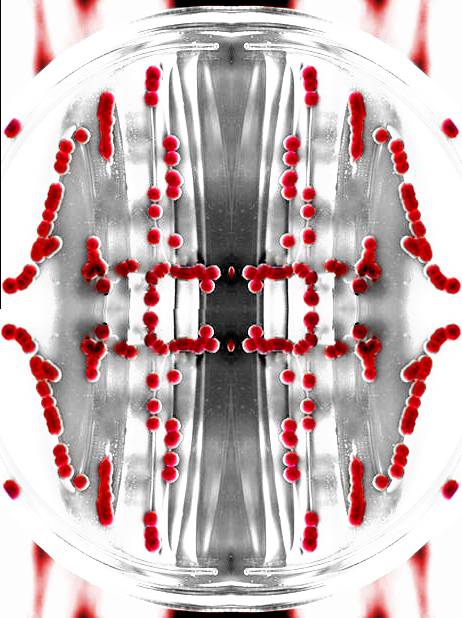Stems cells see great success in MS study
 Exciting results in a long-running multiple sclerosis (MS) study suggest stem cells could help halt the degenerative condition.
Exciting results in a long-running multiple sclerosis (MS) study suggest stem cells could help halt the degenerative condition.
Most of the MS patients who took part in the cutting-edge stem cell study HALT-MS are still in remission years later, and a phase 2 study has demonstrated the possibility of rebuilding the immune system using a patient’s own stem cells.
The results of a study following 24 volunteers who underwent stem cell transplants between 2006 and 2010 have been published in JAMA Neurology.
Dr Richard Nash of the Colorado Blood Cancer Institute in Denver and his colleagues have seen more than 86 per cent of patients in the group remain relapse free after three years, while 91 per cent have shown no sign of disease progression.
In the potentially ground-breaking study, patients had their native immune system almost entirely destroyed.
After a course of high-dose immunosuppressive therapy, or HDIT, researchers reintroduced blood-forming stem cells that had been harvested from the patients’ own blood.
The team oped that a new immune system would not be able to see the myelin covering of nerve cells in the brain and spinal cord as a threat, so MS disease process would be stopped.
“On average patients were hospitalised for three to four weeks,” Dr Nash told industry press Healthline.
This gave the immune system enough time to regenerate, so that the patients could safely return home.
“Patients are immunosuppressed, so they are on prophylactic antimicrobial medications. They are also educated regarding how to reduce the risk of infections after transplant,” explained Nash.
The expert says it is still too soon to herald stem cell transplants as the future of MS treatments, but Dr Nash is hopeful nonetheless.
“We are doing a study to try to evaluate [remyelination] by MRI when we have our five-year data available,” he said.








 Print
Print